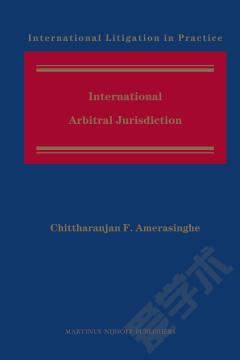International Arbitration in Italy
Arbitrating cross-border business disputes has been common practice in Italy since centuries. It is no wonder, then, that Italian arbitration law and jurisprudence are ample and sophisticated. Italian courts have already rendered thousands of judgments addressing complex problems hidden in the regulation of arbitration. Italian jurists have been among the outstanding members of the international arbitration community, starting from when back in 1958, Professor Eugenio Minoli was among the promoters of the New York Convention. Being Italy the third-largest economy in the European Union and the eighth-largest economy by nominal GDP in the world, it also comes as no surprise that Italian companies, and foreign companies with respect to the business they do in the Italian market, are among the main ‘users’ of international arbitration, nor that Italy is part to a network of more than 80 treaties aimed to protect inbound and outbound foreign direct investments and being the ground for investment arbitration cases. Moreover, in recent years, Italy has risen to prominence as a neutral arbitral seat, in particular for the settlement of ‘intra-Mediterranean’ disputes, also thanks to the reputation acquired by the Milan Chamber of Arbitration which has become one of the main European arbitral institutions. This book is the first commentary on international arbitration in Italy ever written in English. It is an indispensable tool for arbitrators, counsel, experts, officers of arbitral institutions and judges who happen to be involved in arbitral proceedings or arbitration-related court proceedings somewhat linked to the Italian legal system, either because Italy is the seat of the arbitration, the Italian jurisdiction has been ousted by a foreign-seated arbitration, the assistance of Italian courts is sought for the granting of interim measures or the enforcement of a foreign award or the arbitration results from a multilateral or bilateral investment protection treaty to which Italy is a party. This book may also be of general interest for scholars and practitioners of international arbitration at large to the extent that it deals with the ‘theory’ of international arbitration and illustrates original solutions offered by Italian arbitration law to various complex issues, such as: the potential conflicts (and required balance) between party autonomy and State sovereignty in the governance of arbitrations; the relationship between the New York Convention and the legal system of the State of the arbitral seat; the potential impact on cross-border arbitrations of insolvencies, human rights, or European Union law; the arbitrability of corporate disputes; the extension of arbitration agreements to ‘necessary parties’. Appendixes include an English translation of the main provisions of Italian law relevant to arbitration, a list of the investment protection treaties to which Italy is a party, and an English version of the Rules of Arbitration of the Milan Chamber of Arbitration. The author, who is full professor of international law, name partner of ArbLit (the first Italian boutique focusing on cross-border dispute settlement) and the current Italian member of the ICC Court of Arbitration, has written the book aiming to combine his academic background with his long-standing experience as counsel and arbitrator.
{{comment.content}}








 京公网安备 11010802027623号
京公网安备 11010802027623号